ARSO Brings Continental Certification Push to Rwanda, Boosting Trade Opportunities for African SMEs
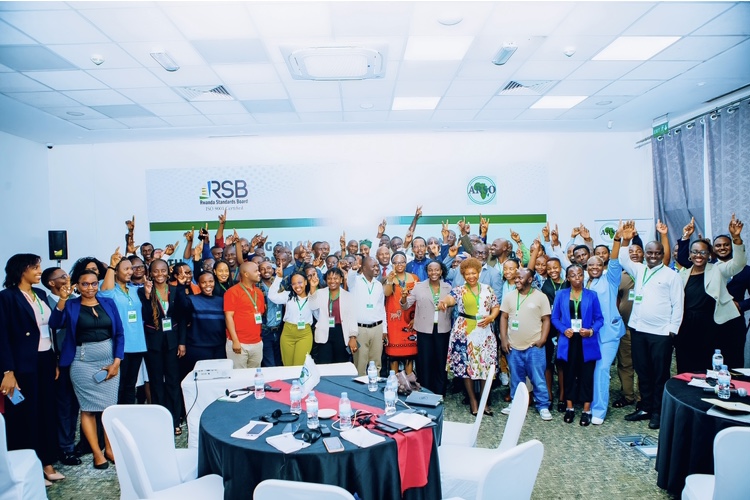
African small businesses could soon find it easier to trade across borders, thanks to a continental initiative aimed at harmonizing quality standards—this time with support from Rwanda as host of a key training meeting.
The two-day session held in Kigali, organized by the African Organisation for Standardisation (ARSO) in partnership with the Rwanda Standards Board (RSB), focused on helping small and medium-sized enterprises (SMEs) understand and access the African Quality Mark—an emerging tool designed to cut red tape and promote trust in African-made products.
Dr. Hermogene Nsengimana, Secretary General of ARSO, said the training targeted entrepreneurs in agribusiness, textiles, and leather from six different African countries.
“We are equipping them with the knowledge needed to obtain the African Quality Mark certification. This will enable them to trade across African countries without barriers, as their products will have undergone a single, continentally recognized verification process,” he said.
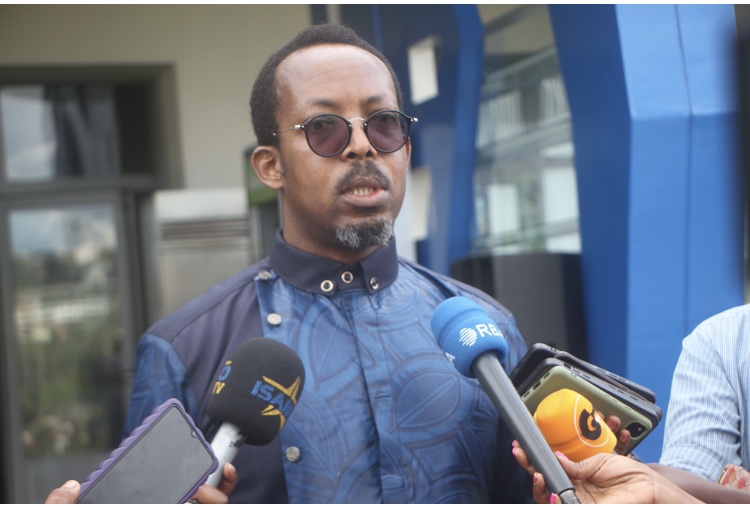
The certification, he added, supports the African Continental Free Trade Area (AfCFTA) by aligning products with recognized standards and removing unnecessary trade bottlenecks.
“The initiative supports the AfCFTA by ensuring that products comply with ARSO-endorsed or internationally recognized standards,” said Dr. Nsengimana, noting that ARSO hopes to help at least 100 entrepreneurs secure the certification this year.
Rwanda’s role in the process is an important one. Jean Pierre Bajeneza, National Certification Division Manager at RSB, explained that the country has developed more than 4,500 national standards and continues to train businesspeople, especially youth and women entrepreneurs, on how to meet those benchmarks.
“After raising awareness and providing training, we conduct inspections to assess compliance. The main challenges remain limited technical capacity and modern skills to produce goods that can compete on the international market,” he said.
Claudine Kampire, a Rwandan entrepreneur who participated in the training, welcomed the idea of a single certification system.
“With this certification, we will be able to sell our products in other African countries without difficulties, and it will reduce the cost and bureaucracy involved in getting multiple national certifications,” she said.
Participants from other countries shared similar views. Gueye Moustapha, a private sector representative from Senegal, emphasized that the African Quality Mark could build credibility for local businesses.
“This initiative will help remove doubts about the quality and safety of our goods by providing a single, recognized certification across Africa,” he said. He acknowledged, however, that political and logistical barriers still exist—but noted that harmonizing standards is a necessary first step.
Tembinkosi Wenha, who heads Shoepack Trading in Zimbabwe, said the training and certification program could open new doors for industries like leather and footwear.
“This program will make it easier for SMEs, especially young entrepreneurs, to access markets beyond their borders, boosting both business growth and regional integration,” he said.
“Obtaining the African Quality Mark would enhance their competitiveness and product quality, positioning them better in the regional market,” he added.
Wenha also underlined the bigger picture:
“Initiatives like this are critical for empowering African SMEs and advancing the continent’s journey toward economic self-reliance,” he said.
While Rwanda may have hosted this particular training, the message shared in Kigali was continental: strong standards and shared certification are key to unlocking Africa’s full trade potential.

Related Articles
Global Agri & Food Safety Congress 2026: Building Resilient Food Systems in a Changing Climate
On 26–27 February 2026, international experts, researchers, industry leaders, farmers, and policymakers...
Why Animals Are a Key Piece of Africa’s Disaster Resilience Puzzle
Across Africa, people and animals have coexisted for centuries, not just sharing...
Leaders Call for Stronger Monitoring to Turn Ecosystem Restoration Commitments into Results
Nairobi, Kenya — 27 January 2026 Country and regional leaders, alongside technical...
Worm Tea: A Natural Path to Farming Without Harmful Chemicals
For much of his early farming life, Isaac Mubashankwaya believed chemical fertilizers...



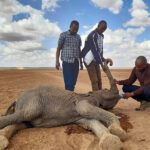




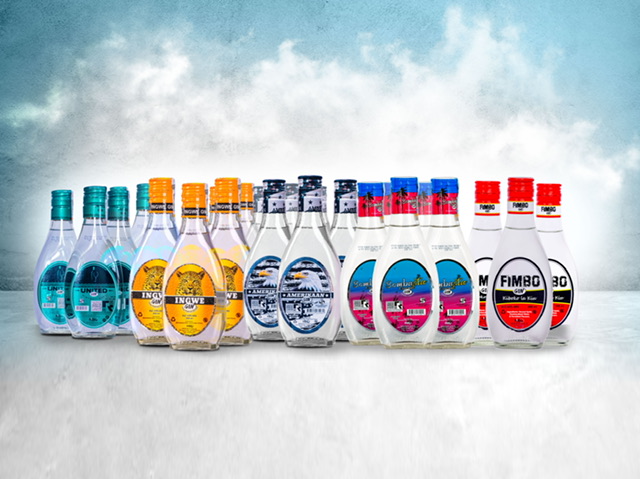

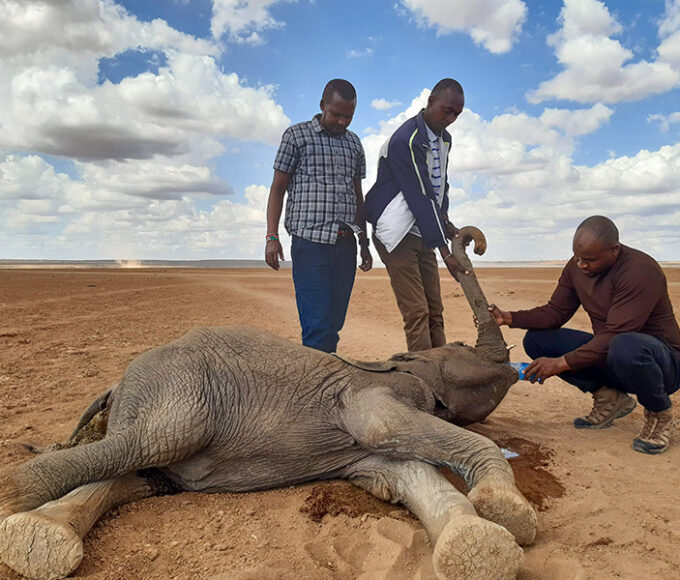
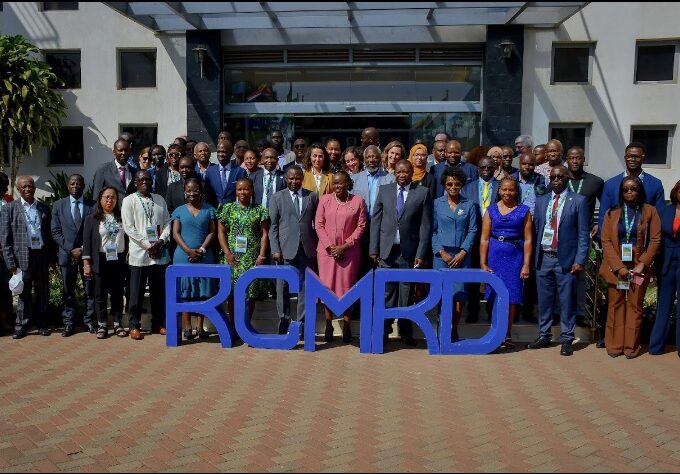
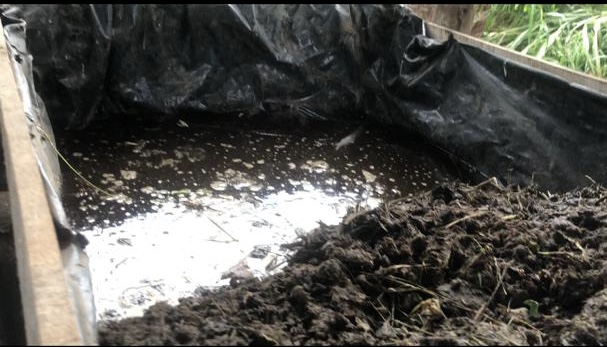
Leave a comment